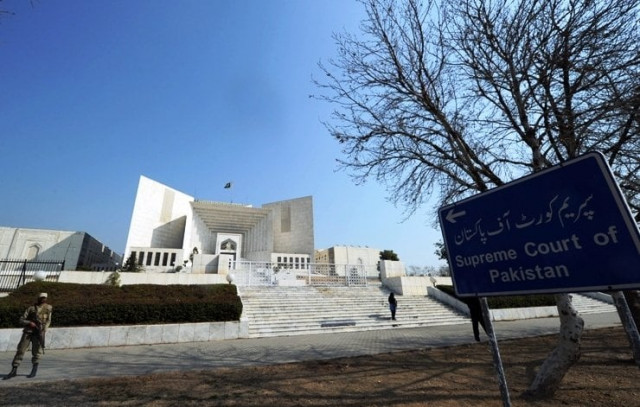A welcome ruling by the SC
Only elected representatives should have the power to set tax rates in a transparent manner.

We applaud the Court’s recognition of the supremacy of parliament. PHOTO: AFP/FILE
The Court, however, disagrees, saying that at a time when parliament is debating the budget, the government is obliged to put this measure before the legislature for discussion. We applaud the Court’s recognition of the supremacy of parliament. However, there is another issue, which we hope the Court will also look into. SROs are an exceedingly corrosive and corruption-inducing feature of our tax system, and one that bypasses legislative authority by placing the power to set tax rates in the hands of senior officials at the Federal Board of Revenue (FBR). Taxation rates should only be set by parliament. Perhaps, in its ruling on the GST, the Court could also have declared SROs unconstitutional.
In our view, the very notion of democracy depends on the government collecting and distributing services and making decisions about those two acts through the consent of the governed. Only elected representatives should have the power to set tax rates in a transparent manner. In unkinder times, the British executed their king and abolished the monarchy itself for levying taxes on the people without parliament’s consent. Those at the FBR should consider themselves lucky that such a drastic measure is not on the cards.
Published in The Express Tribune, June 23rd, 2013.
Like Opinion & Editorial on Facebook, follow @ETOpEd on Twitter to receive all updates on all our daily pieces.



















COMMENTS
Comments are moderated and generally will be posted if they are on-topic and not abusive.
For more information, please see our Comments FAQ